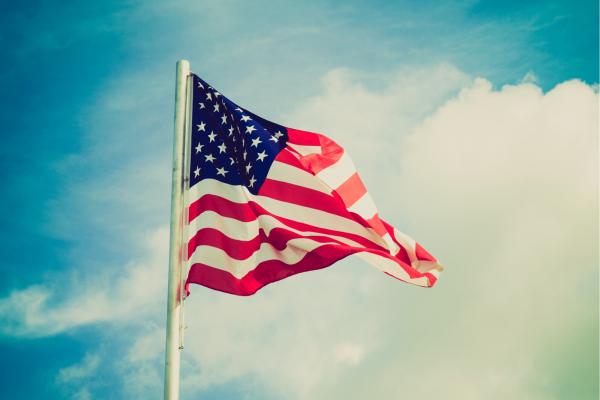Jan 31, 2018
The State of the Union speech last night reveals a divided nation. In the sharpest contrast, a “Unity Declaration” is being released today by a very broad and diverse group of nearly 80 Christian leaders focusing on the integral connection between racism and poverty — which, for us, are issues of faith we are committed to overcoming together.
Read the Full Article

Already a subscriber? Login
